In this article
What cat parent doesn’t love the idea of ridding their home of the annoying, smelly litter box? Not worrying about cleaning, scooping, and disposing of kitty waste, along with not having to buy litter anymore, may seem like a dream come true—but is it really?
If you truly love cats, you’ve most likely seen or heard stories about cat owners who taught their kitties to use the toilet instead of a litter box. You may think that this isn’t possible, but cats are highly intelligent and can be trained to do several things, including using the toilet. The big question is whether toilet training your cat is the right thing to do.
While saying goodbye to the litter box may seem preferable, teaching your kitty to use the toilet isn’t the greatest course of action. Let’s take a look at the reasons that you shouldn’t train your kitty to go to the bathroom in your toilet and why that pesky litter box should remain an essential part of your and your feline pal’s lives.

The Pros of Toilet Training Your Cat
The only true upside to toilet training your kitty is the lack of a litter box. Why are litter boxes such a thorn in our sides, though? Let’s take a look at what not having a litter box can bring to your home, even when a kitty is a family member.
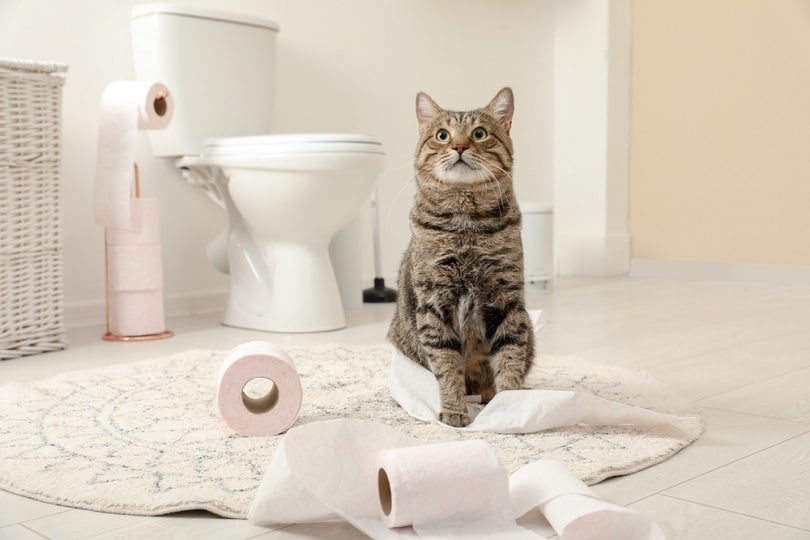
No Smell
Yes, no matter how much you scoop or the type of litter you use, a litter box can have an odor. It’s the area where a kitty eliminates, so this makes sense. Feces and urine can smell, especially kitty urine, thanks to the ammonia content. Unfortunately, many litters themselves also have an odd odor. If you use basic clay litter, it has a slightly dusty or ashy aroma. There are other litters out there that may be less of an issue when it comes to odor, but you’ll be paying more for these litters.
Cost Savings
A kitty’s litter box costs money. Whether you choose to purchase a basic litter pan or a self-cleaner, there is a cost involved. Then there’s the litter you put inside it. The better, more absorbent litters cost more than the basics. These are often the ones people go for when buying litter due to the lack of odor and the potential of using it for multiple cats.
Less Clean Up
We all know that a litter box requires constant cleaning. You’ll find yourself scooping it daily and sweeping up kicked-out litter unless you use an automatic cleaning pan. Even if you use self-cleaning litter boxes, you must still remove the feces and urine that is cleared away for you. Avoiding the cleaning of a litter box is often the biggest reason that owners consider toilet training their kitties.
More Room
While they aren’t huge, litter boxes do take up a bit of space. This is especially true if you have multiple boxes for multiple cats. Finding an inconspicuous area in your house to keep your kitty’s box can be difficult. The last thing you want is visitors finding a litter box right after your kitty has left you a present waiting inside.

The Cons of Toilet Training Your Cat
Despite the few advantages, we feel that it is best to let your cat use a normal litter box and not your toilet. Here’s why.
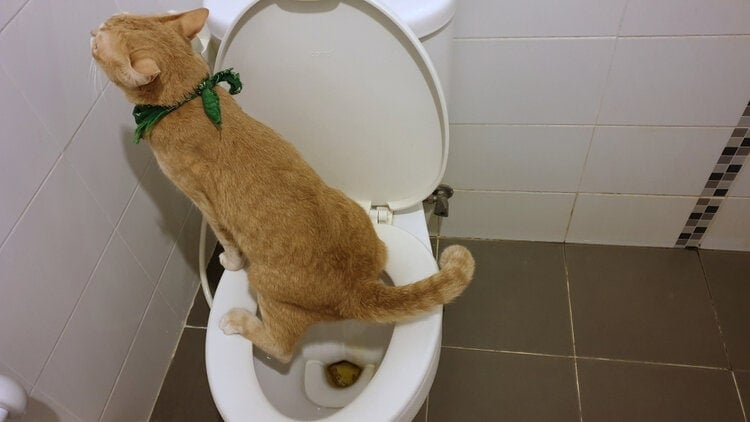
Inability to Monitor Your Cat’s Eliminations
If you’ve had cats in your life for a while, you know the importance of monitoring their droppings. These can serve as the first signs of certain illnesses your cat may suffer from. Knowing how much urine your kitty is producing is difficult when they are peeing in a toilet. Here are a few of the conditions that can be monitored and detected from your kitty’s eliminations, which using the toilet can hinder.
- Urinary tract infections
- Diabetes
- Cystitis (bladder inflammation)
- Hyperthyroidism
- Urinary obstructions
- Dehydration
- Kidney disease
If you need to speak with a vet but can't get to one, head over to PangoVet. It's an online service where you can talk to a vet online and get the advice you need for your pet — all at an affordable price!

Toxoplasmosis
Anyone who has a cat in their home has heard of toxoplasmosis. It’s the reason pregnant people and children are told to stay away from the kitty’s litter box. Toxoplasmosis is a zoonotic disease that affects warm-blooded animals, including humans. This disease is caused by the single-cell parasite Toxoplasma gondii. Wild and domestic felines are considered their definitive hosts, as the immature eggs of T. gondii, called unsporulated oocysts, are shed in the cat’s feces. Cats get infected when they eat mice, rats, birds, or other types of wildlife that are considered intermediate hosts for the parasite. Around 24–72 hours after excretion, the oocysts sporulate and become infectious.
If your kitty uses the garden soil or the toilet instead of a litter box, this infectious form can make its way into local lakes, streams, and other bodies of water. Once there, the parasites can infect other wildlife and continue the cycle. Marine mammals, such as sea otters, sea lions, and seals, have been affected by toxoplasmosis. Endangered Hawaiian seals and sea lion populations in California have suffered from nervous system signs and a weakened immune system due to toxoplasmosis infections. A high mortality rate in sea otter populations was also linked to this disease.
Constant Access Required
When allowing your kitty to use the toilet instead of a litter box, they’ll need constant access. This means the toilet lid must stay up and the seat down, and no one can use the restroom when the kitty needs to go. If you only have one bathroom in the house and decide to take a shower, you can’t shut the door. If your cat needs to potty while you’re in there and you limit access, they will find somewhere else to go. Most of the time, those places aren’t ones you, as a pet owner, would enjoy.
Agility & Odd Positions
Using the toilet isn’t the most natural thing for cats. To do it, they must jump a decent height and then perch oddly. You’ll also find that as your cat ages, these things aren’t as easy for them to do. Eventually, it may become too difficult for them to manage. Keep this in mind if you are considering teaching your kitty to use the toilet.
Natural Instinct Removal
Scratching and covering after elimination is an instinct for cats. If you take away the litter box, you take away this act. While this may not seem like a huge issue, for a cat that has been routinely using the litter box prior, it can cause them a great deal of stress.

Final Thoughts
While there are both pros and cons to training your cat to use the toilet instead of their litter box, we just feel like it isn’t the best decision you can make for your kitty. That said, you should discuss it with your veterinarian first. They can either give you suggestions on how to take on this task properly or explain to you why they feel it wouldn’t be the best idea for your kitty. Whatever you do, litter train or toilet train, remember to give your kitty time to learn what you want and show them lots of love during the learning process.
Featured Image Credit: RJ22, Shutterstock
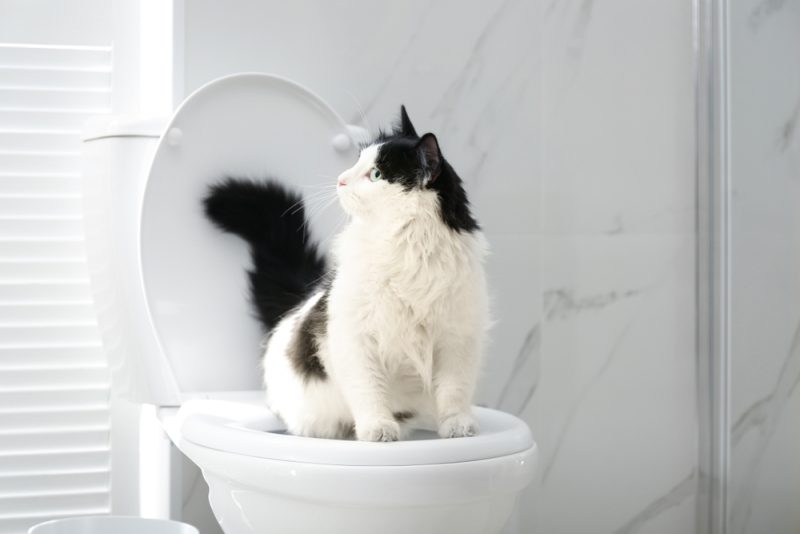


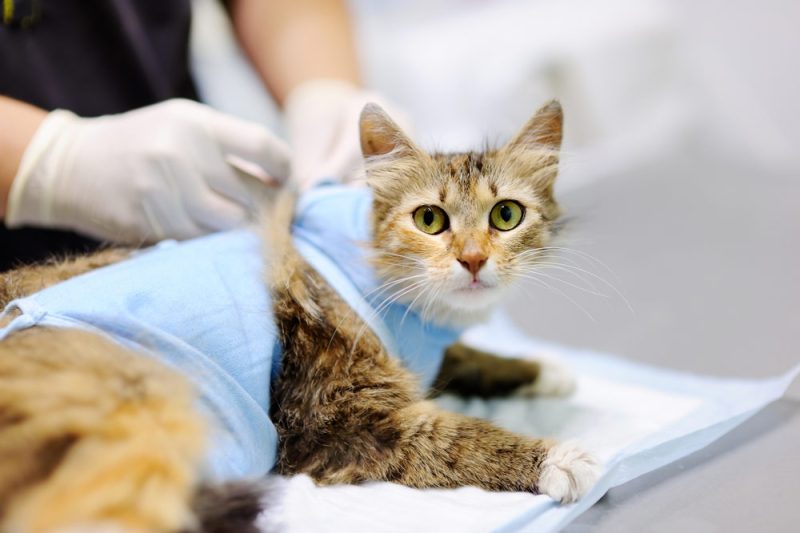
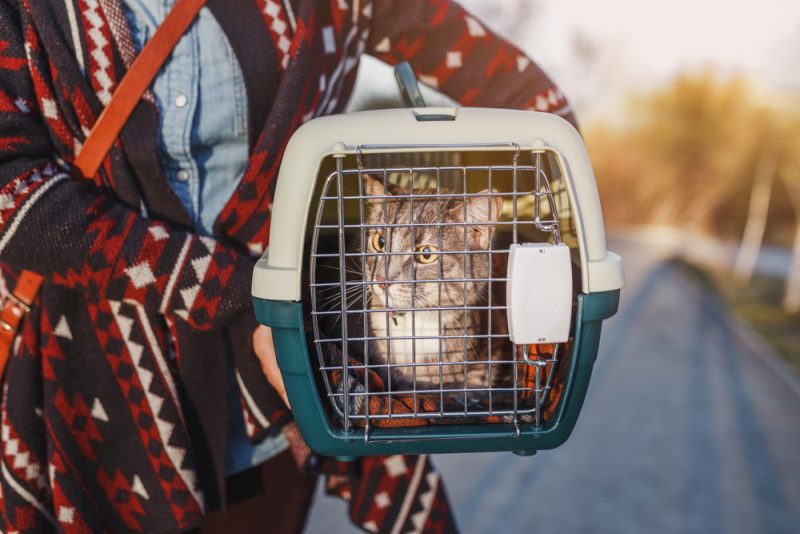
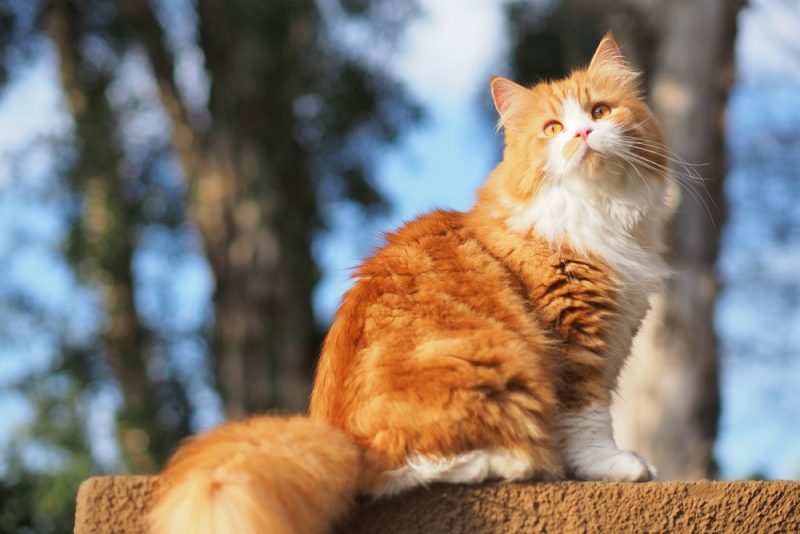
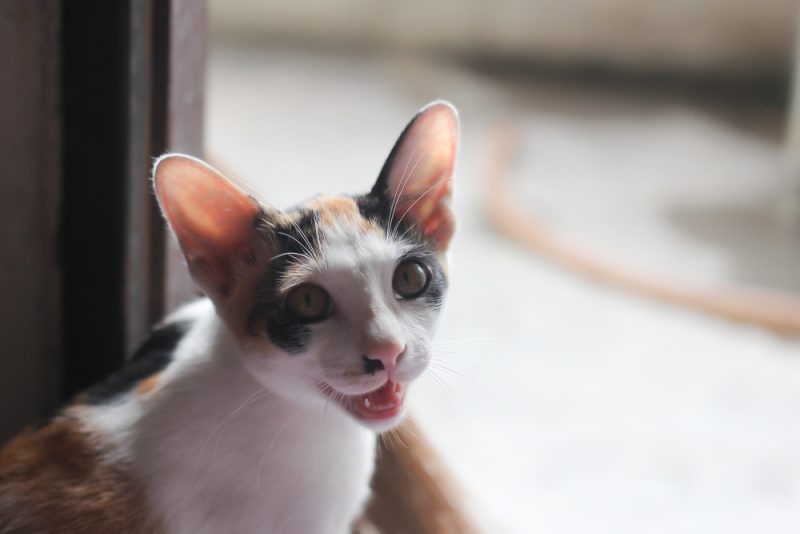
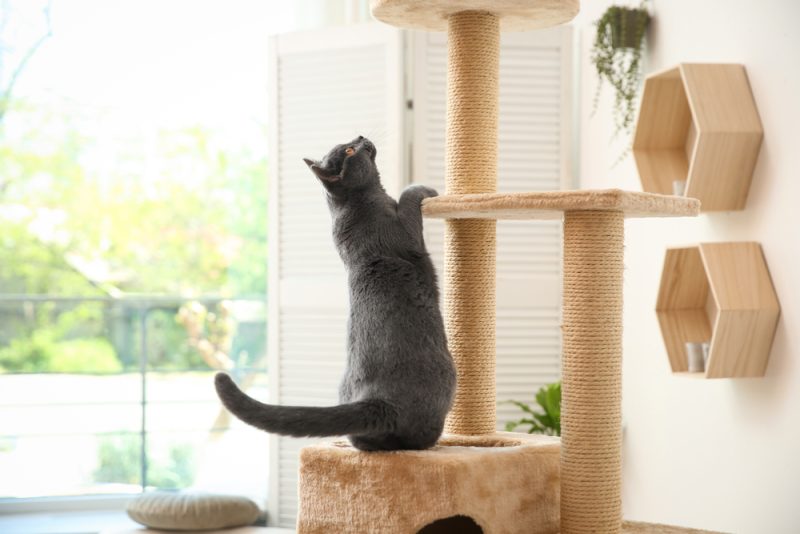
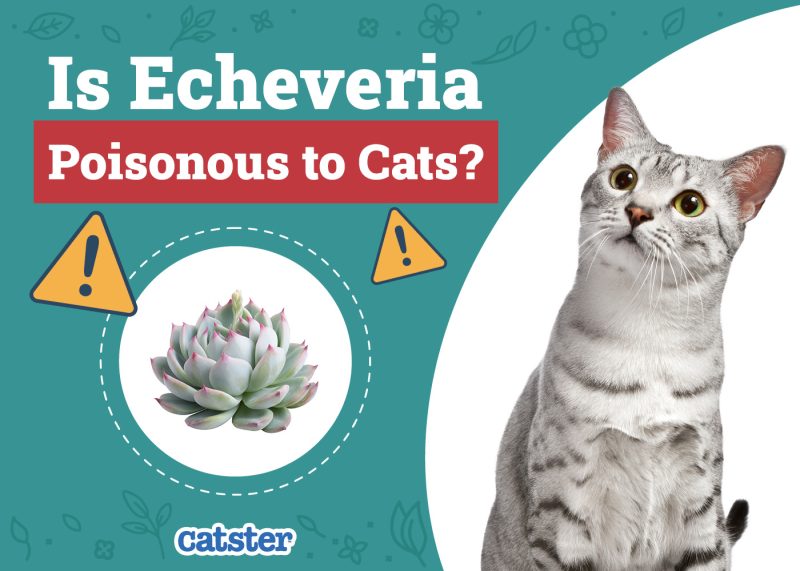

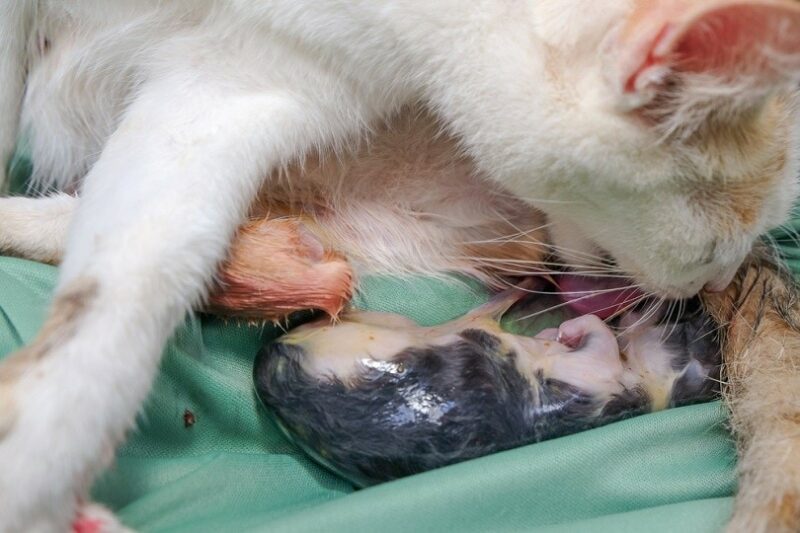



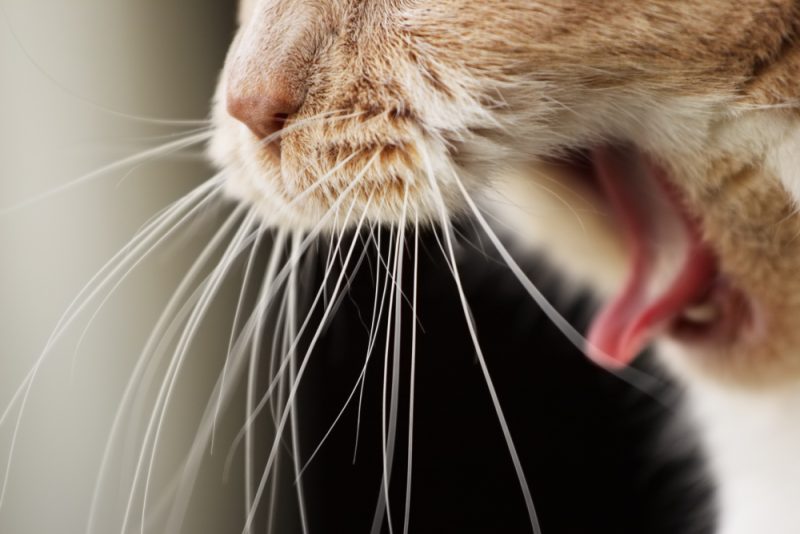
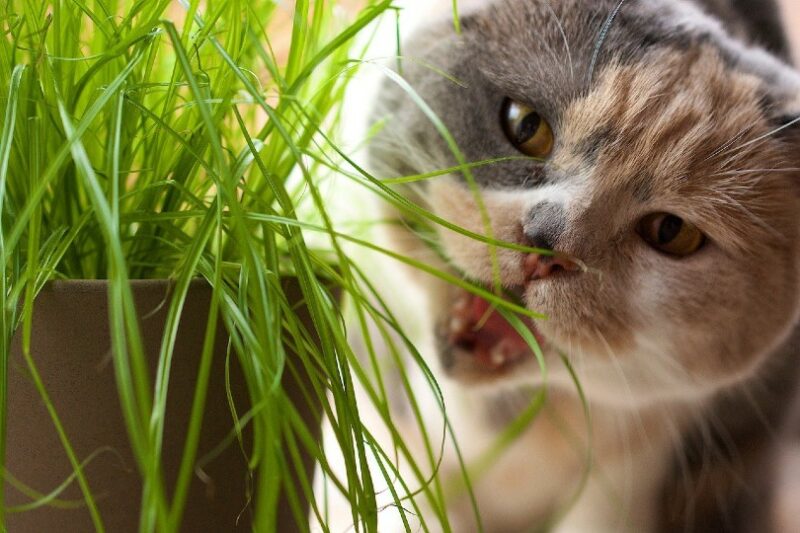
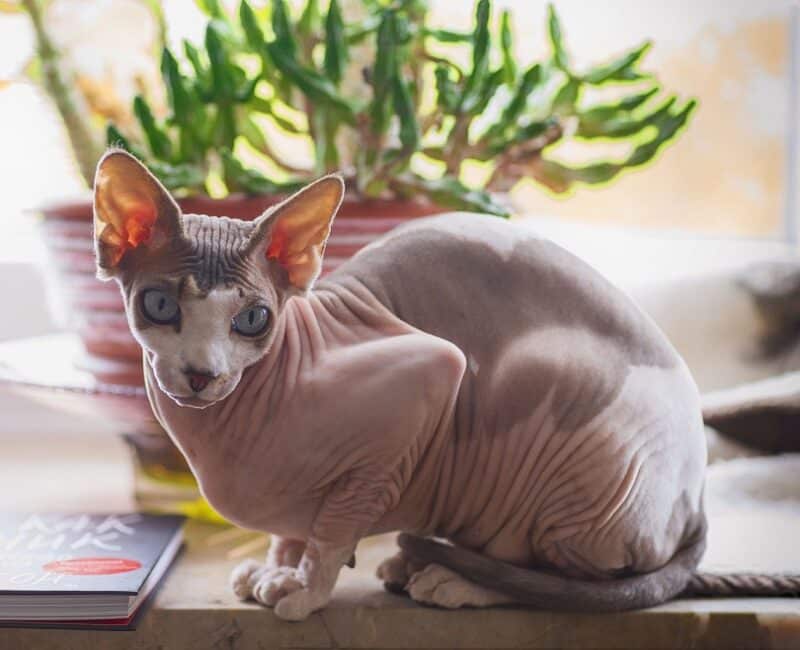
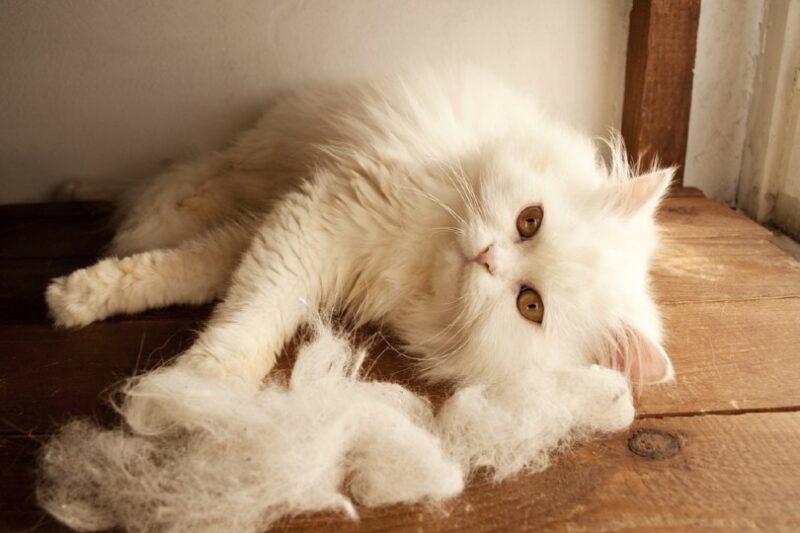

2 Responses
Hi
Quick question: regarding the release of toxoplasmosis into the environment: isn’t that the case however one disposes of the waste? Whether you flush it down the toilet or throw it in the trash ( where it ends in a landfill and enters are groundwater.) If flushed, wouldn’t the water treatment kill the pathogen?
Hi Reba, thank you for your comment. Sadly even though the water from the toilet goes into the wastewater treatment facility, not all waste treatment facilities can adequately destroy T. gondii, it depends on the treatment methods. You can learn more about it in this scientific review:
https://www.mdpi.com/2076-2607/10/3/517
Since the parasite can spread more easily through contaminated water, increasing wildlife infections we need to do everything in our hands to help prevent this.